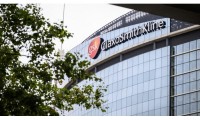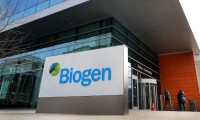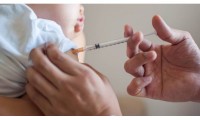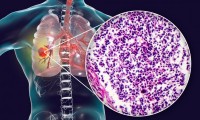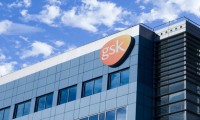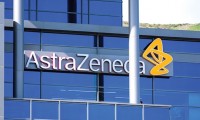-
NS Pharma scores breakthrough therapy status for DMD therapy
- Source: drugdu
- 204
- August 1, 2023
-
GSK Tamps Down Short-Term Expectations for RSV Shot Arexvy, but Still Boosts 2023 Guidance
- Source: drugdu
- 113
- July 28, 2023
-
FibroGen CEO Conterno, Who Scrapped Post-Lilly Plans Over Roxadustat Hype, Resigns After Launch Setbacks
- Source: drugdu
- 250
- July 27, 2023
-
Biogen to Cut 1,000 Jobs as Part of $1B Cost Savings Plan
- Source: drugdu
- 138
- July 27, 2023
-
Sanofi Expects Infant RSV Shot to Roll Out Before Respiratory Virus Season This Fall
- Source: drugdu
- 124
- July 25, 2023
-
SN Bioscience’s Nano-Cancer Therapy Wins Orphan Drug Designation
- Source: drugdu
- 100
- July 25, 2023
-
Mirati’s Flagship KRAS Inhibitor Krazati Gets Rebuffed in Europe
- Source: drugdu
- 121
- July 25, 2023
-
ADC Therapeutics Pulls the Plug on Zynlonta Study After Partial FDA Hold
- Source: drugdu
- 102
- July 25, 2023
-
GSK Returns Shigella Vaccine Candidate to LimmaTech as Drug-Resistant Cases Rise
- Source: drugdu
- 105
- July 24, 2023
-
AstraZeneca/Sanofi’s RSV antibody receives FDA approval for use in infants
- Source: drugdu
- 118
- July 22, 2023
your submission has already been received.
OK
Subscribe
Please enter a valid Email address!
Submit
The most relevant industry news & insight will be sent to you every two weeks.


